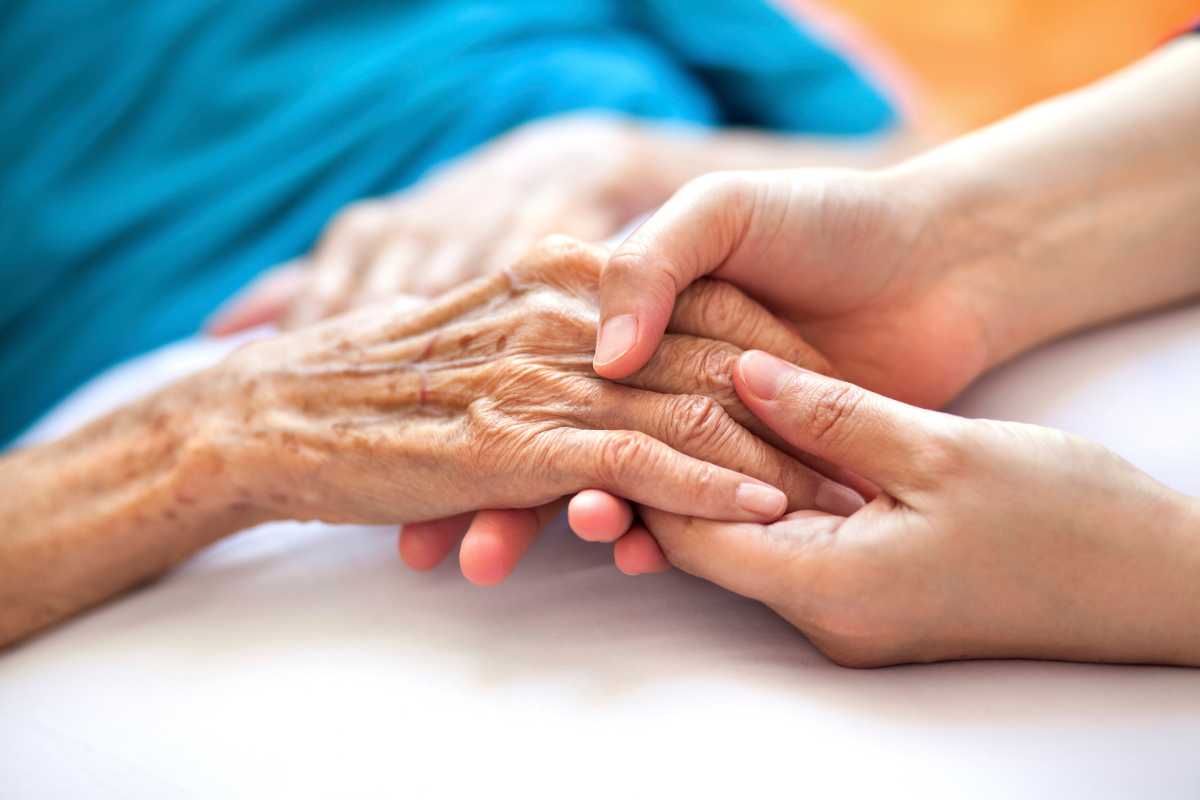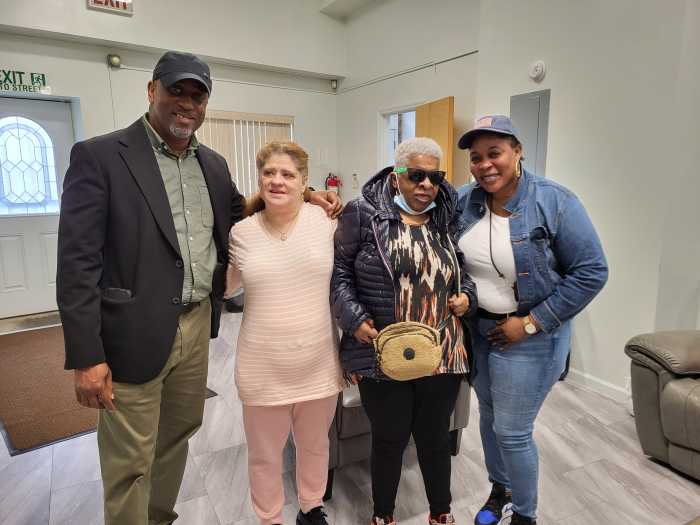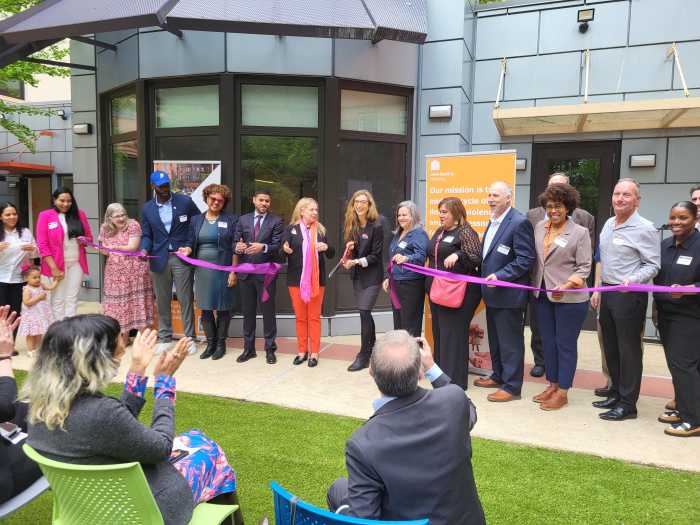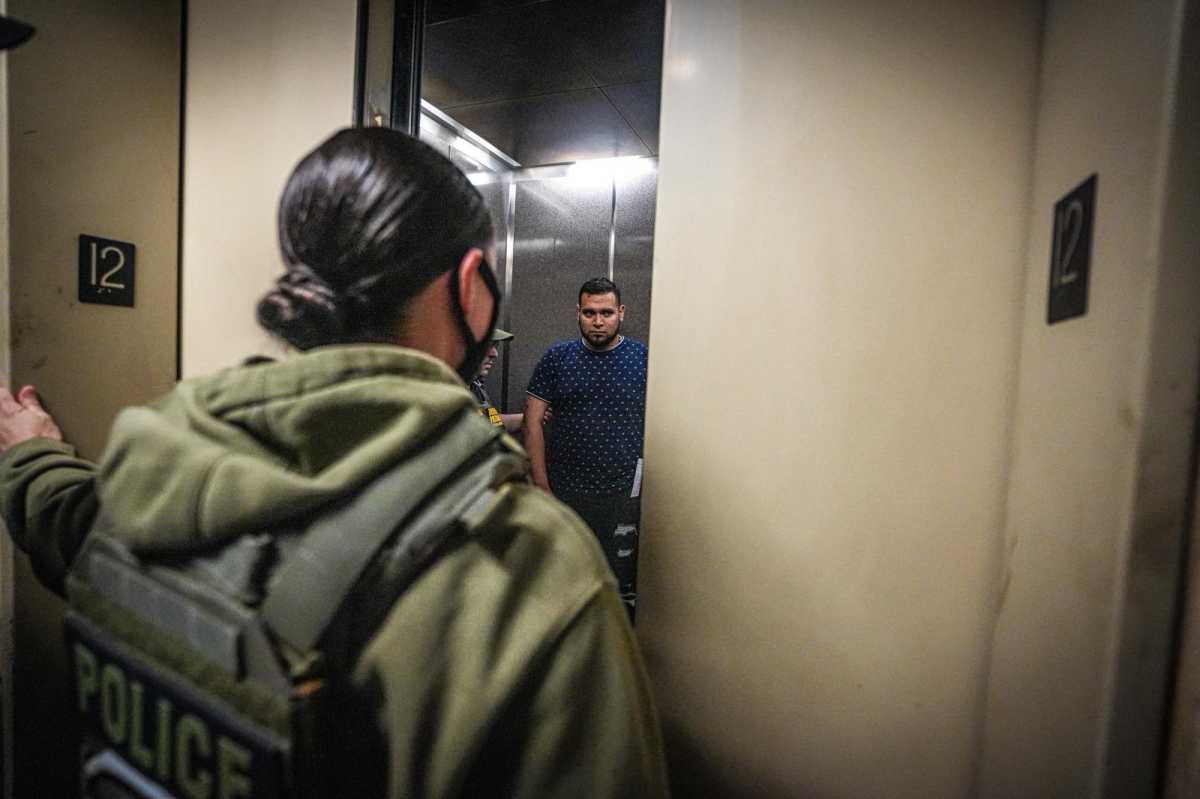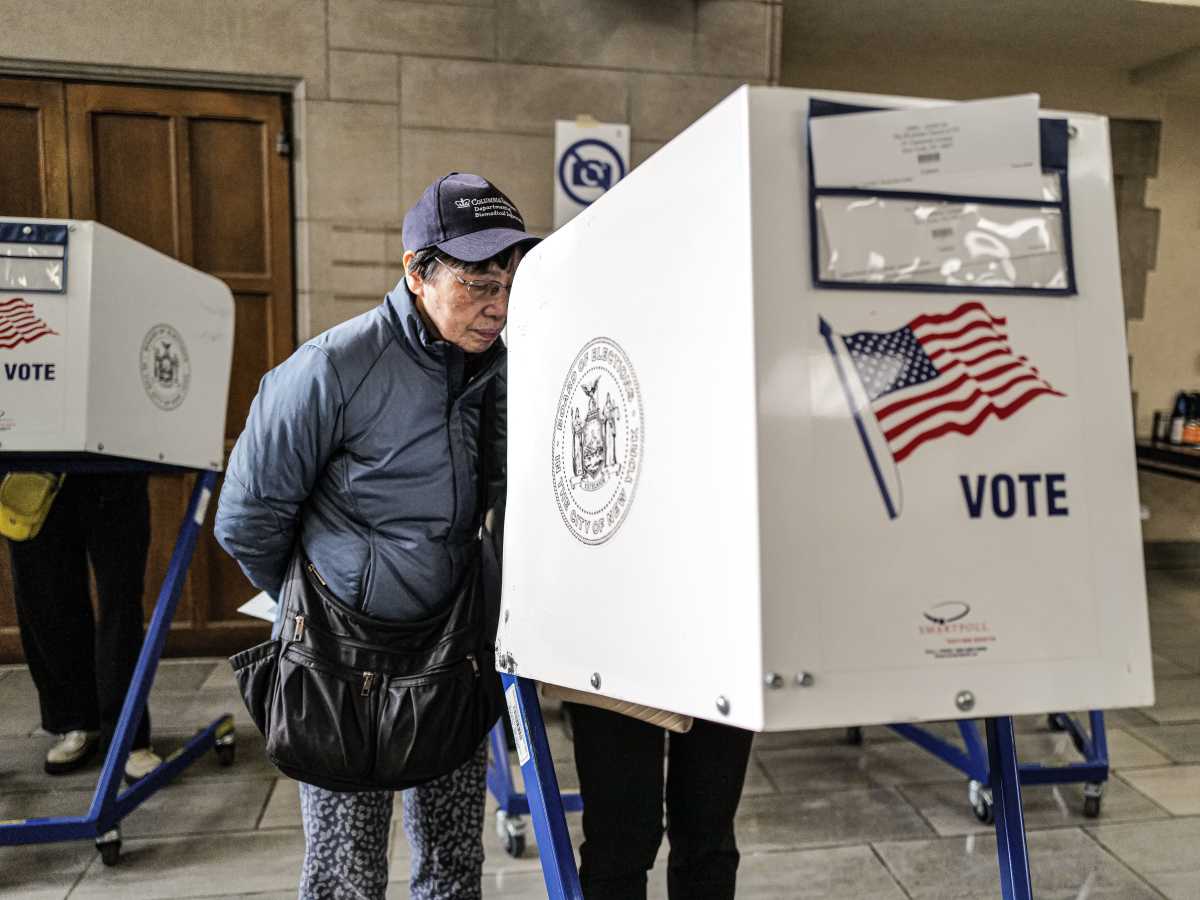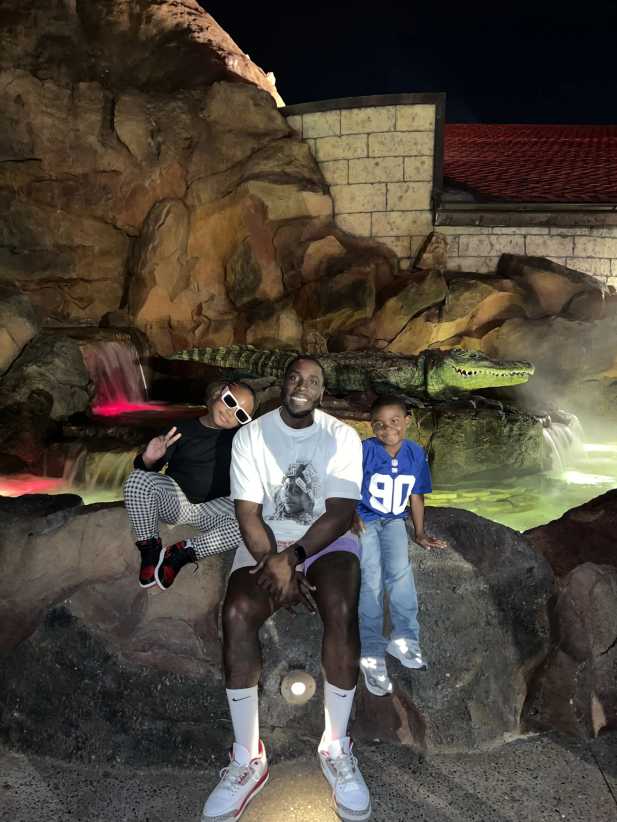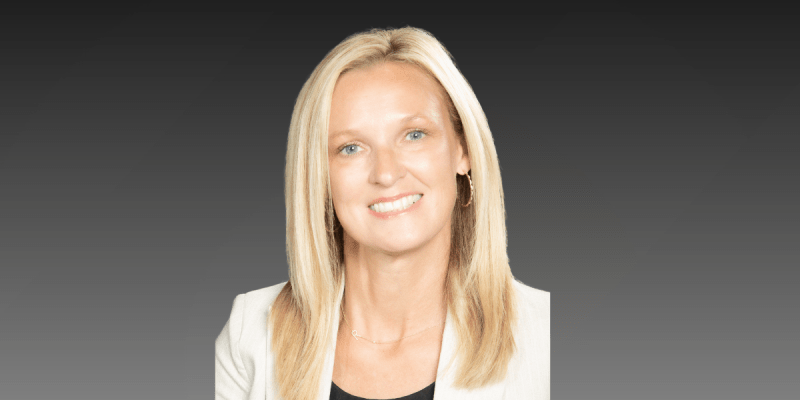One of the foremost providers of older adult services in the Bronx is expanding to offer more options to those seeking mental health treatment — and to find those who may not realize they need it.
The nonprofit JASA (Jewish Association Serving the Aging), which deals in everything from housing to meals to in-home care for adults over age 50, launched a program last fall called Living In Place to treat people with severe mental illness who can’t easily leave home.
The agency will also treat about 48 clients in a just-launched Assertive Community Treatment (ACT) program, which offers intensive support to older adults who have a history of instability in their communities and not complying with treatment, often leading to incarceration, hospitalization and homelessness.
JASA currently has 10 satellite clinics within older adult centers, where they often see people who are receiving mental health treatment for the first time in their lives, according to Danielle Palmisano, chief program officer and Alfy Jimenez, senior director of mental health.
The nonprofit has expanded its portfolio of mental health services in recent years, in response to the challenges faced by seniors which have become exacerbated since the pandemic.
Many older adults simply become accustomed to living with anxiety and depression, said Jimenez. Many have “a real history of trauma and experiences,” even from decades ago, that affects them in ways they might not realize, he said.
Many of those people who used to muddle through and “kind of get by” found they no longer could, especially after the height of the pandemic, Palmisano said.
Averyll, 66, is a Bronxite who started mental health services later in life but now sees a JASA therapist every week.
She is legally blind and used to receive a lot of assistance and support from her eldest son, she told the Bronx Times. When he moved out of state, Averyll said she became depressed and realized how dependent she’d been on him, even though she fully supported him and his goals. She began seeing a JASA therapist about two years ago, to receive support for the major change in her life.
Tragically, a year and a half after her son moved, he suddenly passed away from a heart attack. Averyll already had a JASA therapist, and she leaned on that support more than ever.
“They were there to catch me,” she said.
But Averyll’s challenges quickly compounded. Not only was she mourning her son’s death, she also suffered an injury in late 2024 that resulted in an open wound on her finger. At one point, facing a weekslong gap in medical care and the prospect of having to deal with the injury on her own, Averyll said she had a “complete meltdown.”
She called JASA, and even though it was near the end of the workday, staff members kept her on the phone for 45 minutes until they reached her regular therapist on his day off. The therapist took over and calmed Averyll down.
“I had free-falled,” she said, but JASA staff quickly launched into “an orchestrated symphony” of care and compassion from people who already understood her situation.
Between losing her son and suffering through health problems, many of her friends and family didn’t know how to react or were emotionally overwhelmed themselves, Averyll said. Seeing a trained professional has been “tremendously helpful” as they provide support while being distanced from the situation, she said.
Averyll has continued to see her therapist on good weeks and bad, and she encouraged others to take advantage of mental health services. She said she’s grateful for JASA staff who have helped her through some of the worst times of her life. “You’re not a number, you’re a person with a name.”
This story was updated at 2:05 p.m. to correctly state when the programs launched.
Reach Emily Swanson at eswanson@schnepsmedia.com or (646) 717-0015. For more coverage, follow us on Twitter, Facebook and Instagram @bronxtimes

